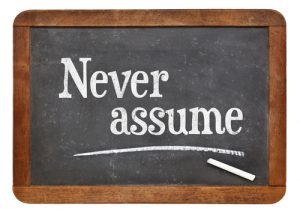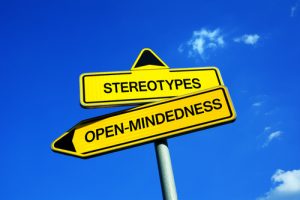Because forgiveness is generally regarded as beneficial for both parties, there is often an implication that a perpetrator *should* be forgiven, that anyone who is an okay person should offer forgiveness if it is sought. Certainly, to be able to forgive is beneficial to the forgiver. However, within most religions there is a clear requirement for repentance on the part of the perpetrator as a precursor to forgiveness. Repentance does NOT just mean saying you are sorry. (And, unfortunately the *sorry* is often more about being caught than about regretting the original act.) Repentance also means communicating sincere regret and taking steps to be sure that you never repeat the action. If you feel you need forgiveness from another person, consider the following steps:
1. Take responsibility for the choices that led you to cause the pain (or harm).
Accept that, regardless of your reasons for doing whatever you did, it was your actions or words that caused pain for someone else. No excuses.
2. Search your heart to be sure that it is the pain or harm caused to the other person that you regret, not just your experience of your own consequences for causing it.
3. Understand that, however much you want to explain, and however much the other person wants to know why, once they know, the hurt will not change.
Their feelings towards you may change, but don’t count on it. The hurt will still be the hurt. *Why* is very rarely a useful question, and explanations often sound painfully like self-serving rationalizations.
4. Decide what you need to do, how you need to change, to ensure that you do not ever again make that kind of choice, and so cause others more pain.
Make those changes in yourself. Until you have learned the lesson and sincerely attempted to make the changes it is unreasonable to expect that the human heart will truly be able to forgive you, and it is questionable as to whether it should.
5. Plan how you will communicate with the person(s) you have hurt.
Do you need to prepare them with a letter or a third-party communication? You need to let them know that they need no longer fear hurt from you. You also need to be absolutely sure that this is true. Do not just turn up on someone’s doorstep or confront them unexpectedly.
6. Be clear in your mind that, IF an apology is best for the person, you will make it without excuses and rationalizations.
7. Decide what could or should be done to make amends to the person(s) that you hurt.
This will be in addition to the apology, if one should be made.
8. Examine carefully whether making amends will indeed be helpful to the other person.
We are not considering your comfort here. To make amends might make you feel better but at the same time may re-open yet again the other person’s old wounds. You would do well to consult with another person, someone of wisdom, on this.
9. Make the apology, offer the amends, with no strings attached.
Forgiving you is NOT the same thing as returning to old situations and/or making it possible for you to repeat the behavior. Do not count on a return to a previous relationship as a part of the forgiveness.
10. If the individual wants no part of your apology or your making of amends, be prepared to accept this too.
If that hurts, do not turn the pain into anger against them. They may need more time to heal. Know then that you have done the best you can do, and plan on how you can use the process you have gone through for your own growth and the lessening of pain among other people.



